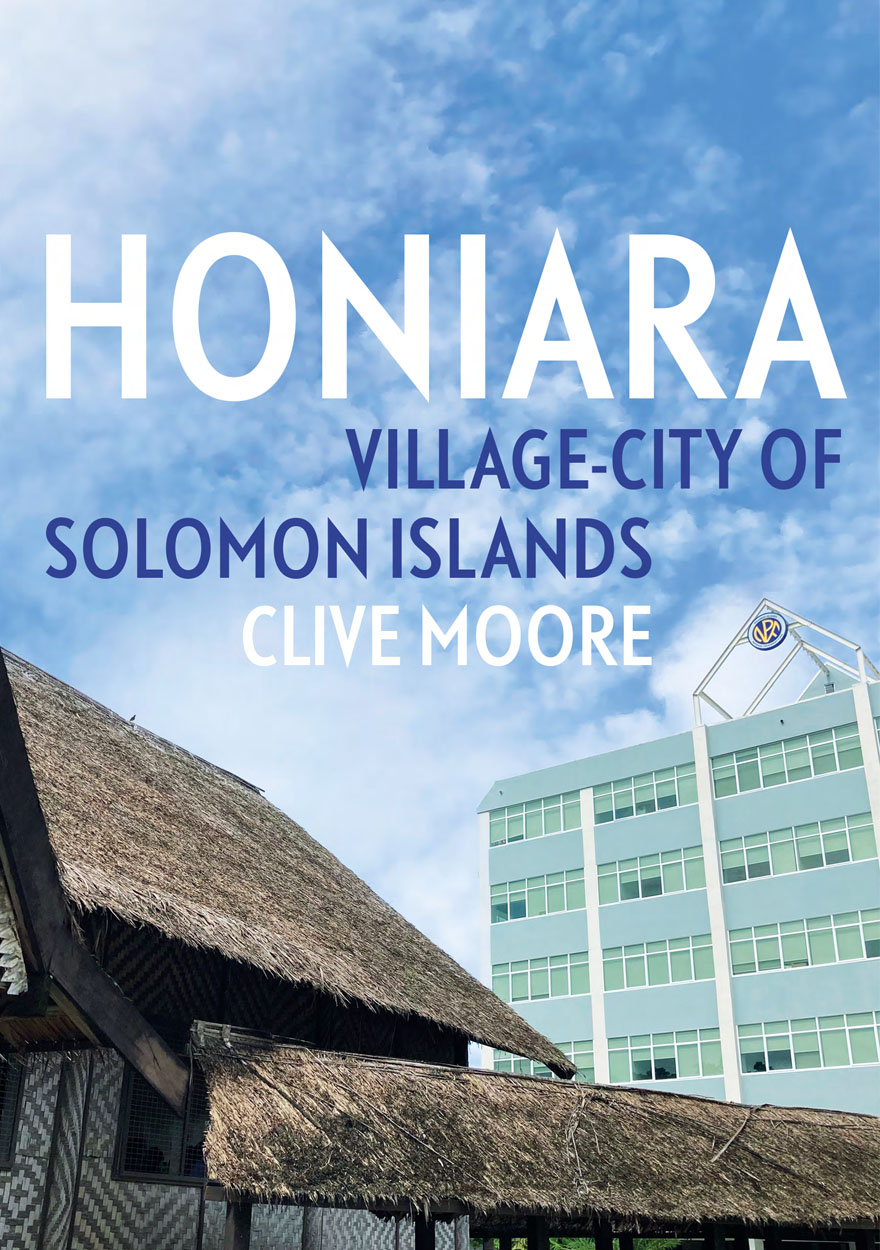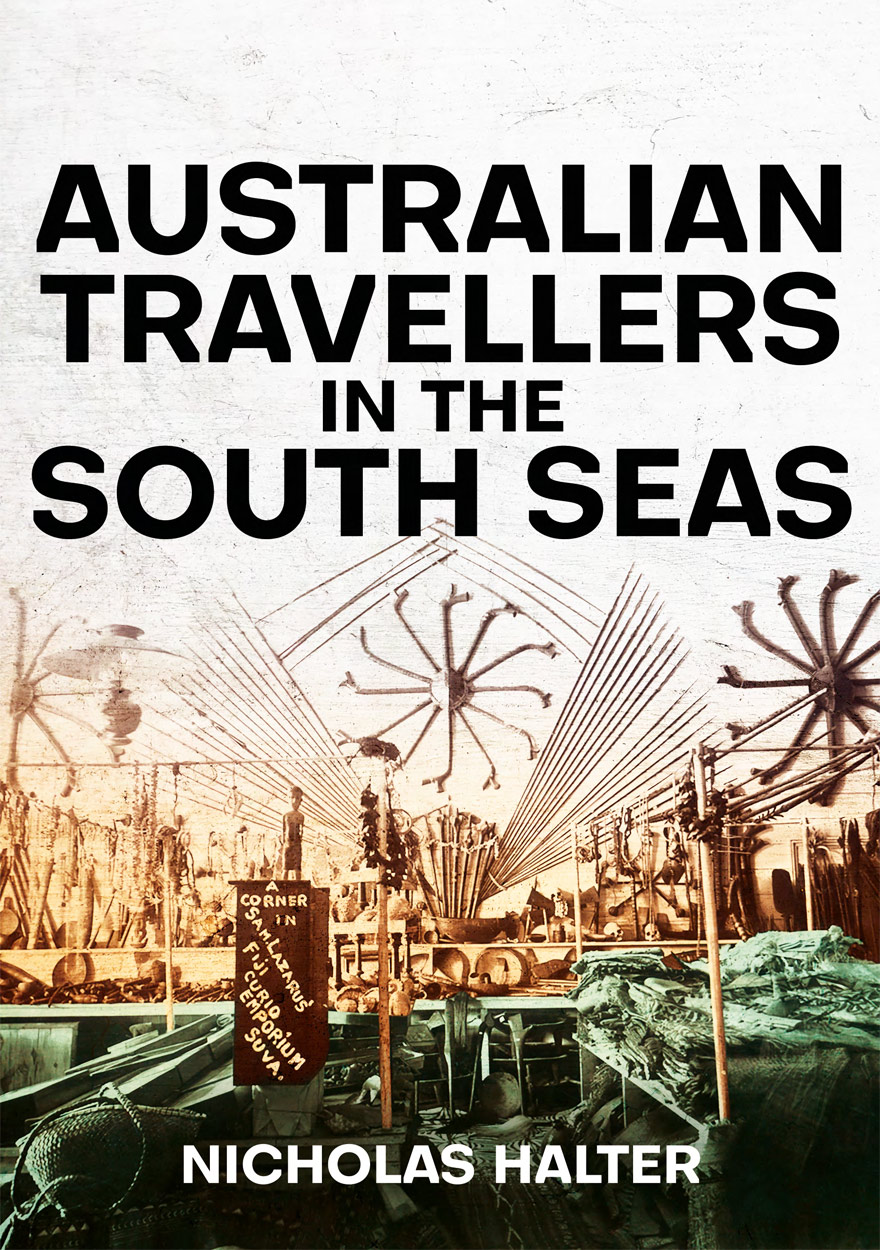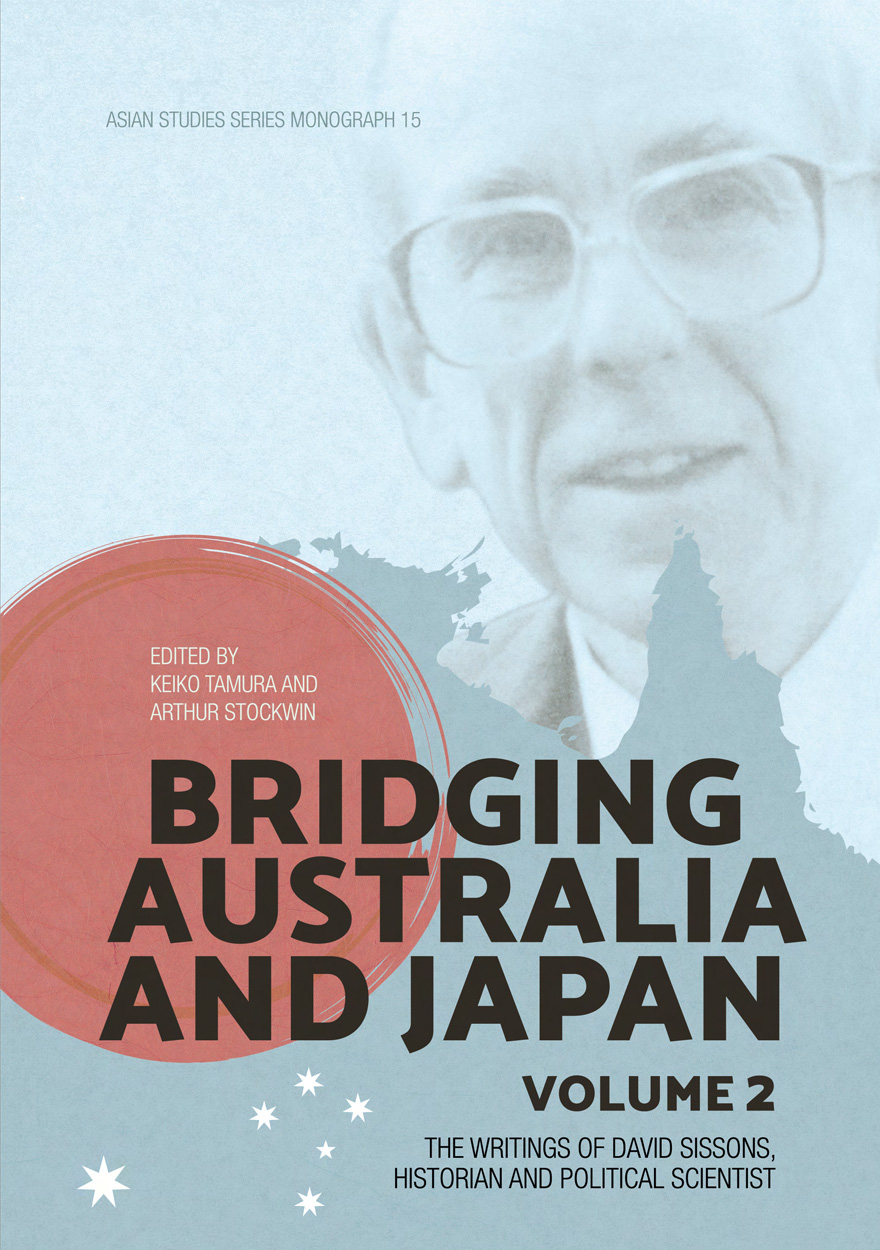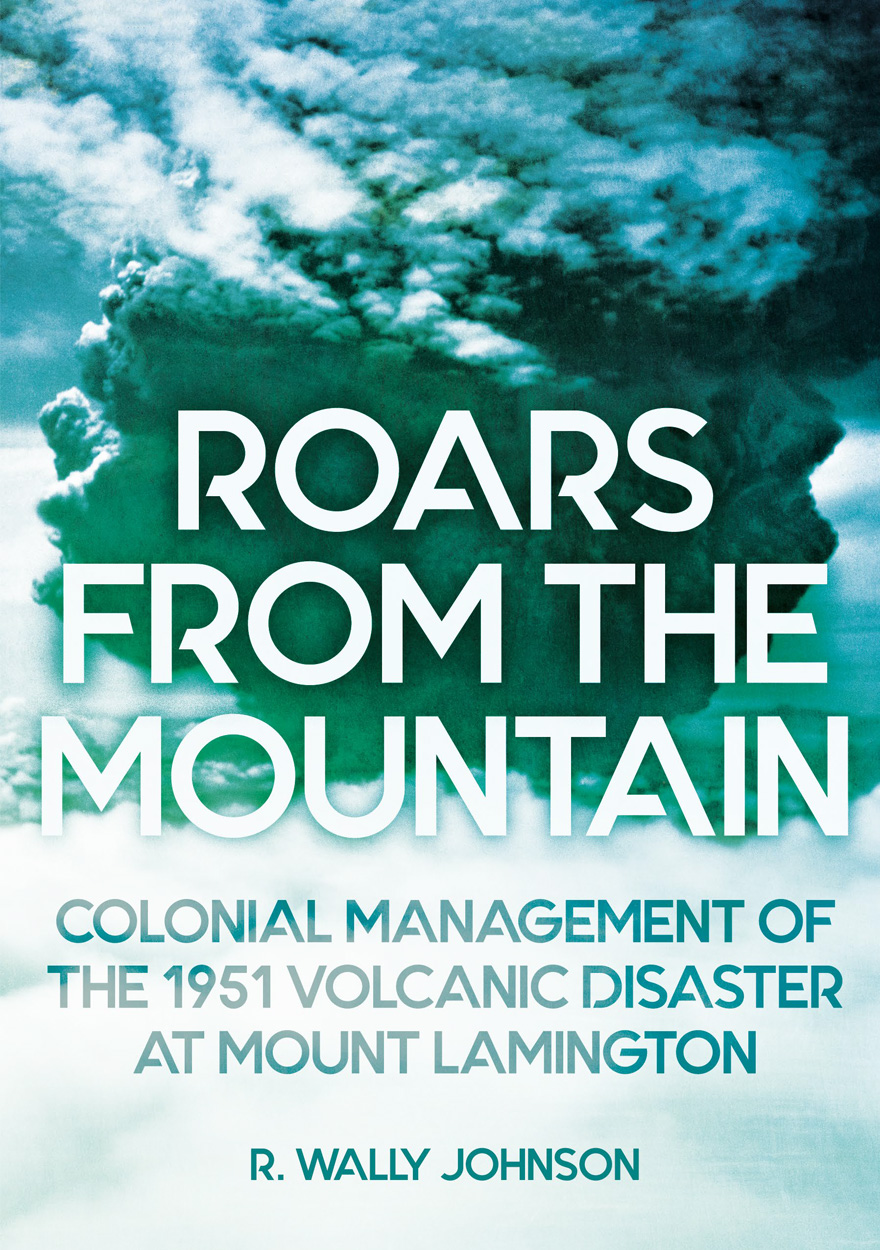
Tulagi
Pacific Outpost of British Empire
Authored by: Clive MoorePlease read Conditions of use before downloading the formats.
Description
Tulagi was the capital of the British Solomon Islands Protectorate between 1897 and 1942. The British withdrawal from the island during the Pacific War, its capture by the Japanese and the American reconquest left the island’s facilities damaged beyond repair. After the war, Britain moved the capital to the American military base on Guadalcanal, which became Honiara.
The Tulagi settlement was an enclave of several small islands, the permanent population of which was never more than 600: 300 foreigners—one-third of European origin and most of the remainder Chinese—and an equivalent number of Solomon Islanders. Thousands of Solomon Islander males also passed through on their way to work on plantations and as boat crews, hospital patients and prisoners.
The history of the Tulagi enclave provides an understanding of the origins of modern Solomon Islands. Tulagi was also a significant outpost of the British Empire in the Pacific, which enables a close analysis of race, sex and class and the process of British colonisation and government in the late nineteenth and early twentieth centuries.
Details
- ISBN (print):
- 9781760463083
- ISBN (online):
- 9781760463090
- Publication date:
- Sep 2019
- Imprint:
- ANU Press
- DOI:
- http://doi.org/10.22459/T.2019
- Series:
- Pacific Series
- Disciplines:
- Arts & Humanities: Cultural Studies, History
- Countries:
- Pacific: Solomon Islands
PDF Chapters
Please read Conditions of use before downloading the formats.
- Preliminary pages (PDF, 248 KB)
- List of maps, figures and plates (PDF, 134 KB)
- List of tables (PDF, 72 KB)
- Acronyms and abbreviations (PDF, 99 KB)
- A note on nomenclature (PDF, 90 KB)
- Acknowledgements (PDF, 354 KB)
- Introduction (PDF, 3 MB)
- Protecting Solomon Islanders (PDF, 1.9 MB)
- A ‘very arduous task’: Charles, Arthur and Frank (PDF, 2.6 MB)
- Administration: Pop, Spearline and the poodle (PDF, 2.2 MB)
- Chinatown, the club, hotels and the ‘black hole’ (PDF, 2.1 MB)
- Mildewed elegance, houses and servants (PDF, 1.5 MB)
- ‘… a pity you didn’t wing him’: Gender, sexuality and race (PDF, 1 MB)
- Silk, white helmets and Malacca canes (PDF, 2.7 MB)
- Evacuation, invasion and destruction (PDF, 2.1 MB)
Other publications that may interest you













